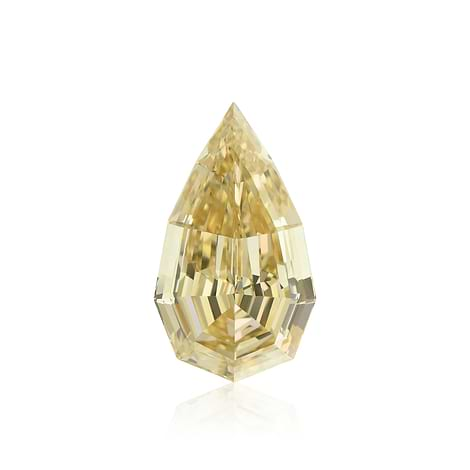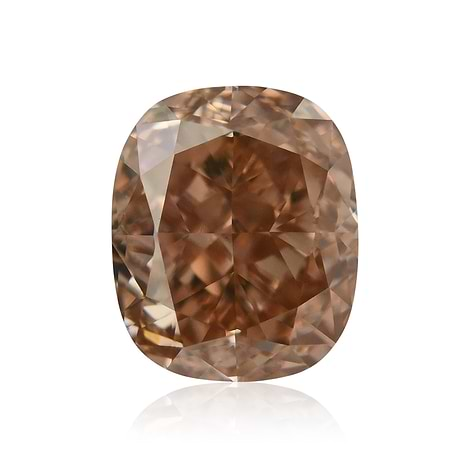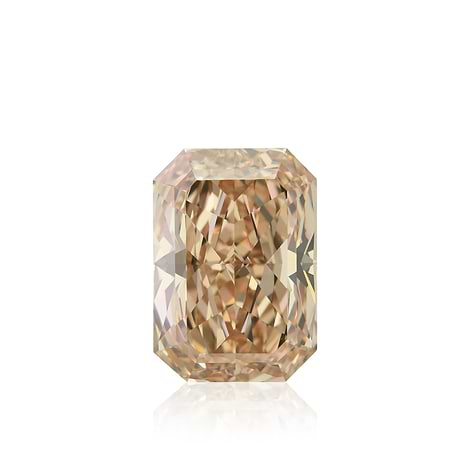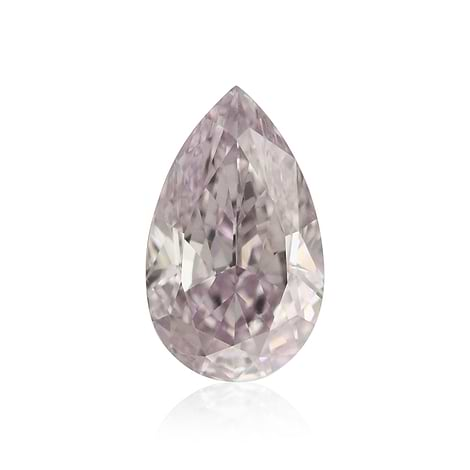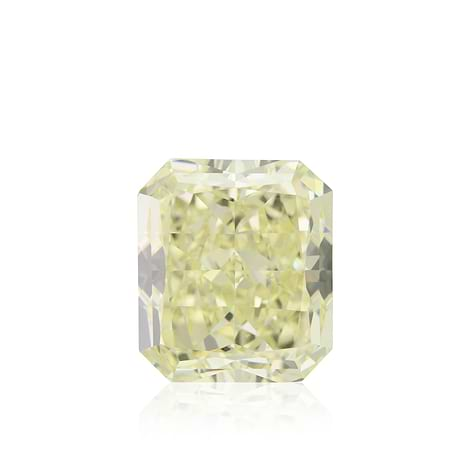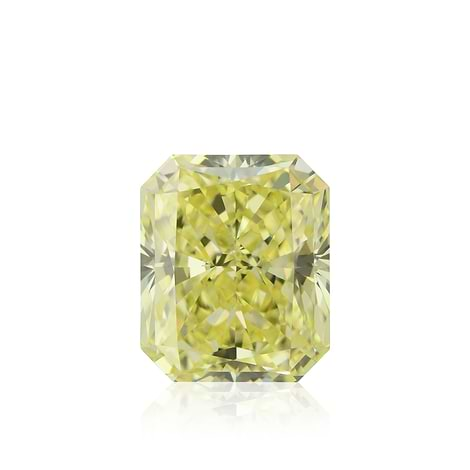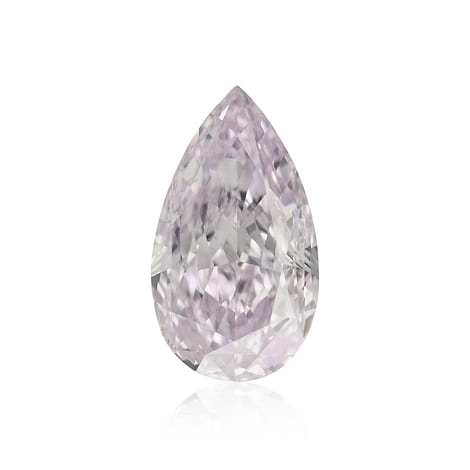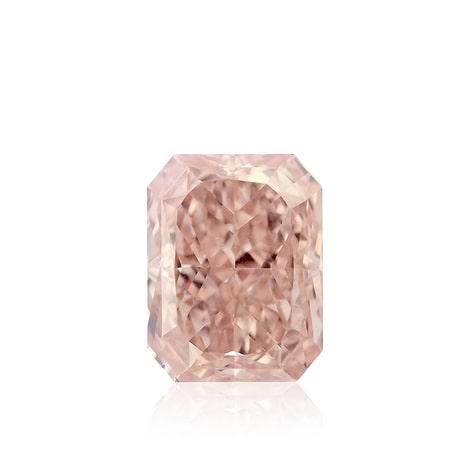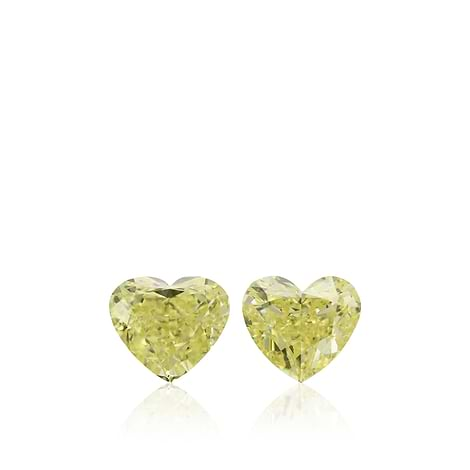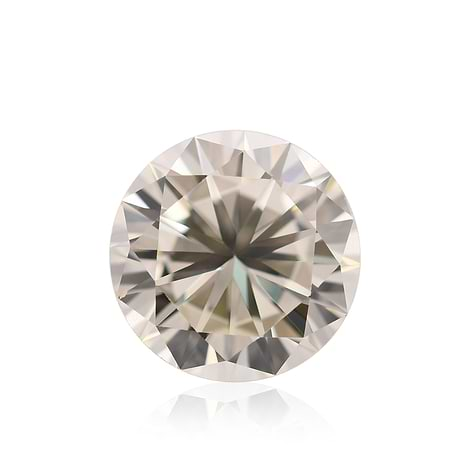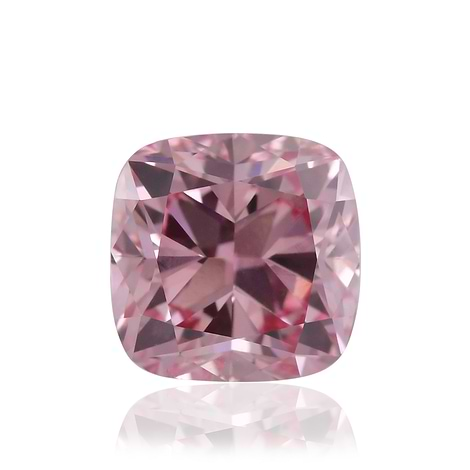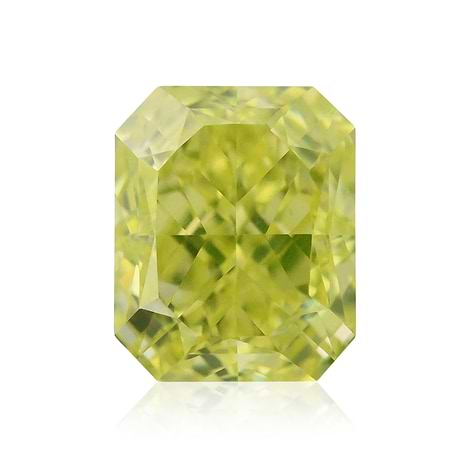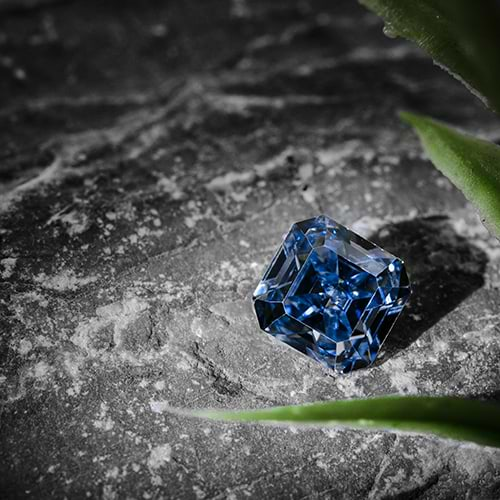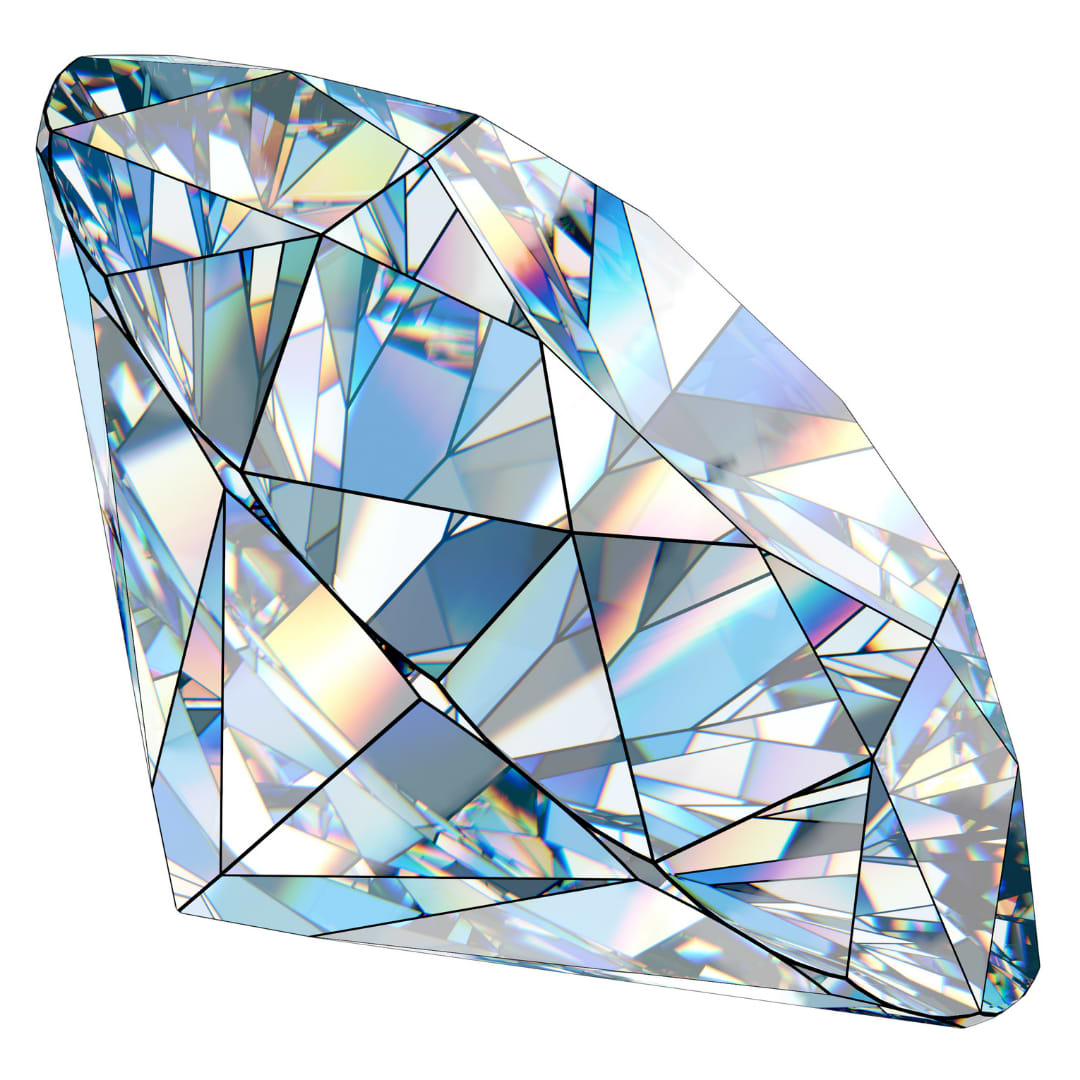Yet, amidst this swirling sea of change, one thing remains steadfast: the natural diamond, gleaming as the ultimate emblem of luxury and authenticity. It's a sentiment echoed passionately by Leibish Polnauer, the visionary President & Founder of LEIBISH, who fervently believes in the unmatched brilliance of natural diamonds.
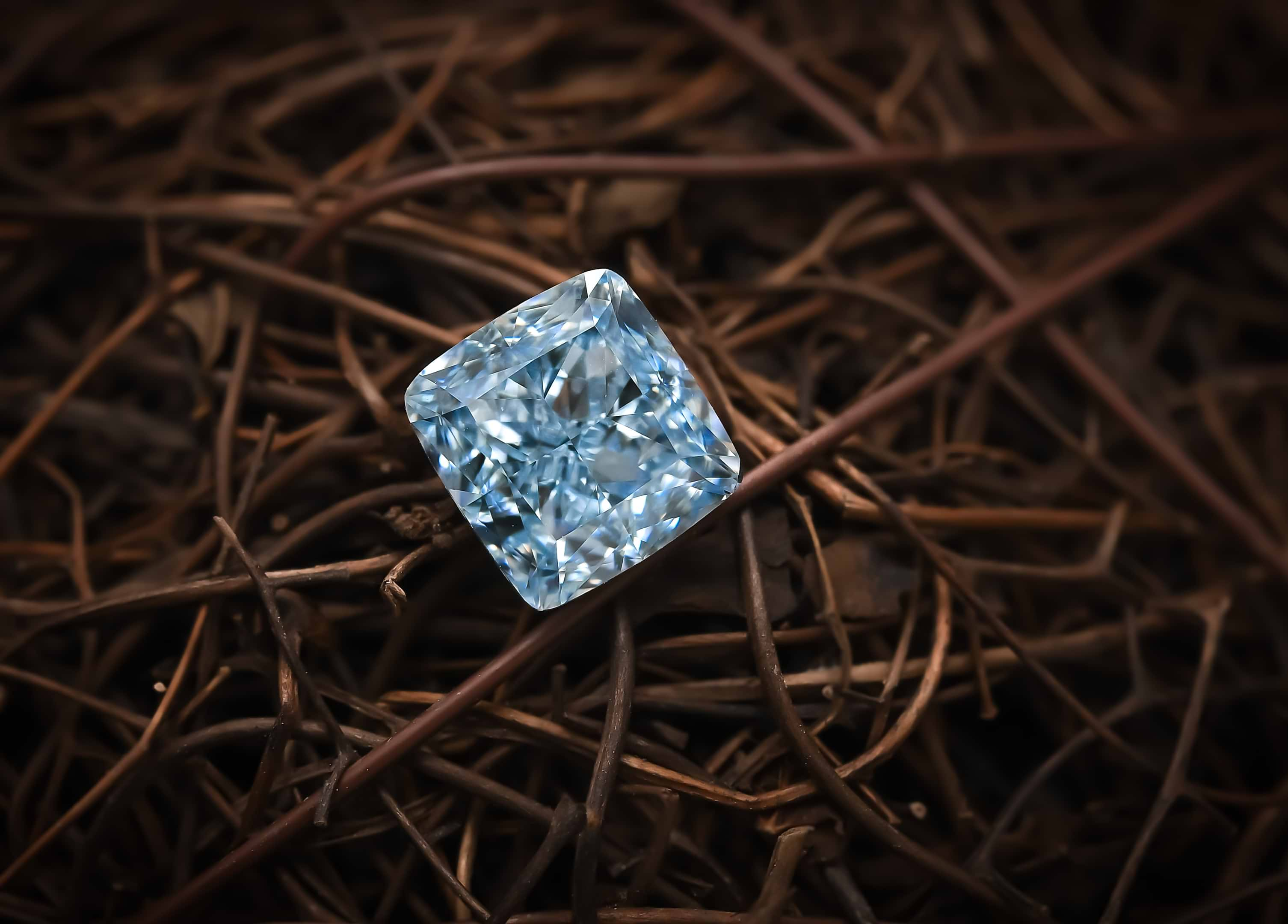
Natural Fancy Blue Diamond (Illustrative)
"Lab-grown diamonds," he declares, "are the greatest deception the diamond industry has ever seen." Picture this: a customer walks into a jeweler's store, eyes sparkling with anticipation, dreaming of the perfect diamond ring. They're presented with two seemingly identical stones—one natural, one lab-grown. The catch? The lab-grown option is nearly half the price. It seems like a steal, until the truth emerges: lab-grown diamonds hold no resale value. It's a harsh reality that often goes unspoken, leaving customers disillusioned when they seek to upgrade their treasured gems.
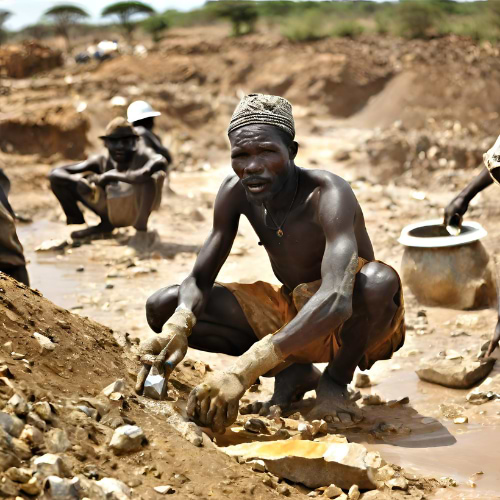 African Diamond Mining(AI Generated, Illustrative)
African Diamond Mining(AI Generated, Illustrative)While the environmental impact of diamond mining cannot be denied, there's a glimmer of hope in the form over the decades there has been a dramatic increase in responsible mining practices. These efforts aim to lessen the ecological footprint, ensuring that consumers can acquire natural stones with fairly low environmental concerns. In stark contrast, lab-grown diamonds, despite their eco-friendly claims, cast their own shadow on the environment. The energy-intensive process of their creation and the challenges of waste management paint a less-than-glamorous picture of their sustainability.
But it's not just about the environment - it's about ethics, too. Natural diamonds, when ethically sourced, carry a legacy free from the stain of conflict. LEIBISH stands as a beacon of integrity, offering diamonds sourced with meticulous care and unwavering commitment to ethical standards. In the realm of lab-grown diamonds, questions linger about fair labor practices in manufacturing facilities, casting doubt on their ethical superiority.
Economically speaking, diamond mining is more than just a glittering spectacle - it's a lifeline for communities, offering jobs and fostering development in regions where opportunities are scarce. Natural diamonds, with their enduring value, serve as pillars of stability and investment, enriching the economies they touch. The rise of lab-grown diamonds, however, threatens to disrupt this delicate balance, potentially leading to economic turmoil in mining regions.
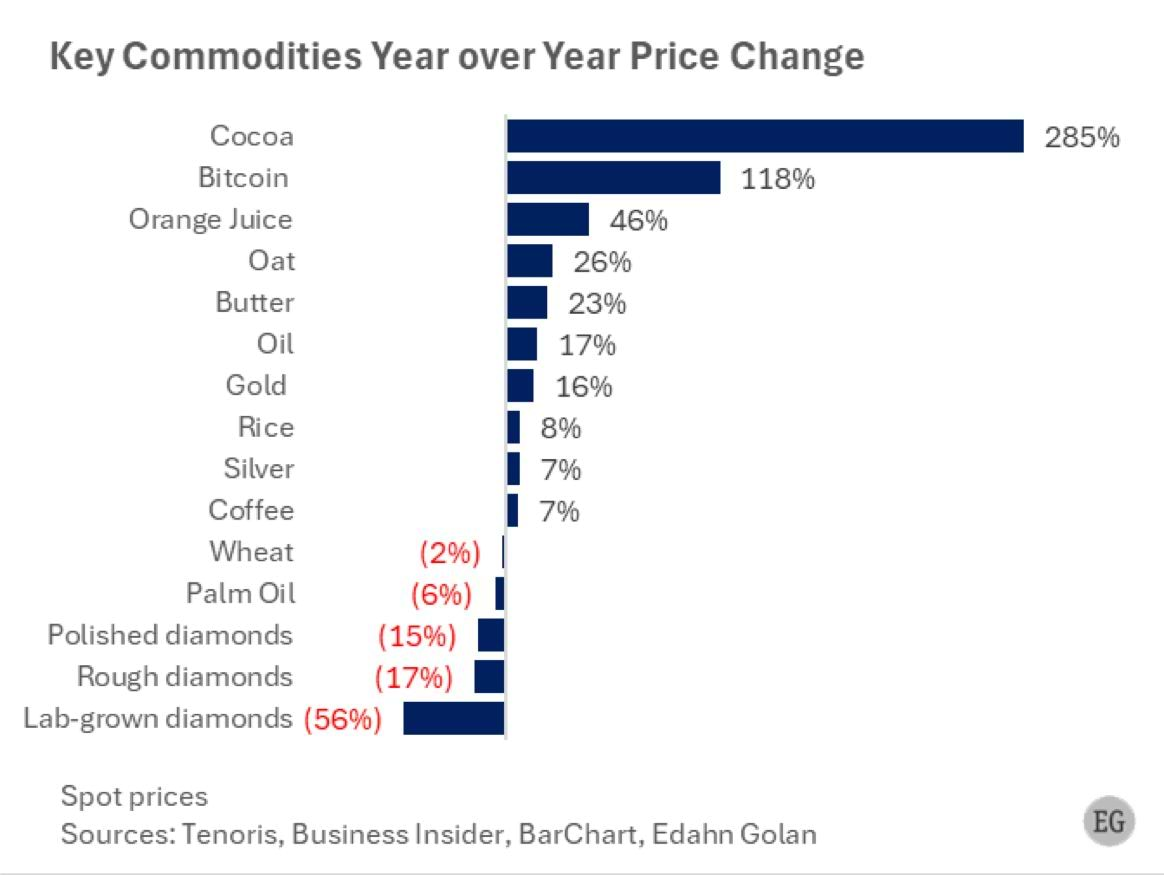
Yet, despite the allure of lab-grown alternatives, the natural diamond continues to reign supreme, an icon of tradition and elegance. With LEIBISH unwavering in its dedication to natural diamonds and gemstones, consumers can bask in the assurance of authenticity and lasting value. As the diamond industry charts its course through shifting tides, one thing remains constant: the timeless allure of natural diamonds, beckoning to those who seek authenticity and elegance in every facet of life.
